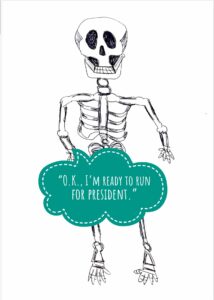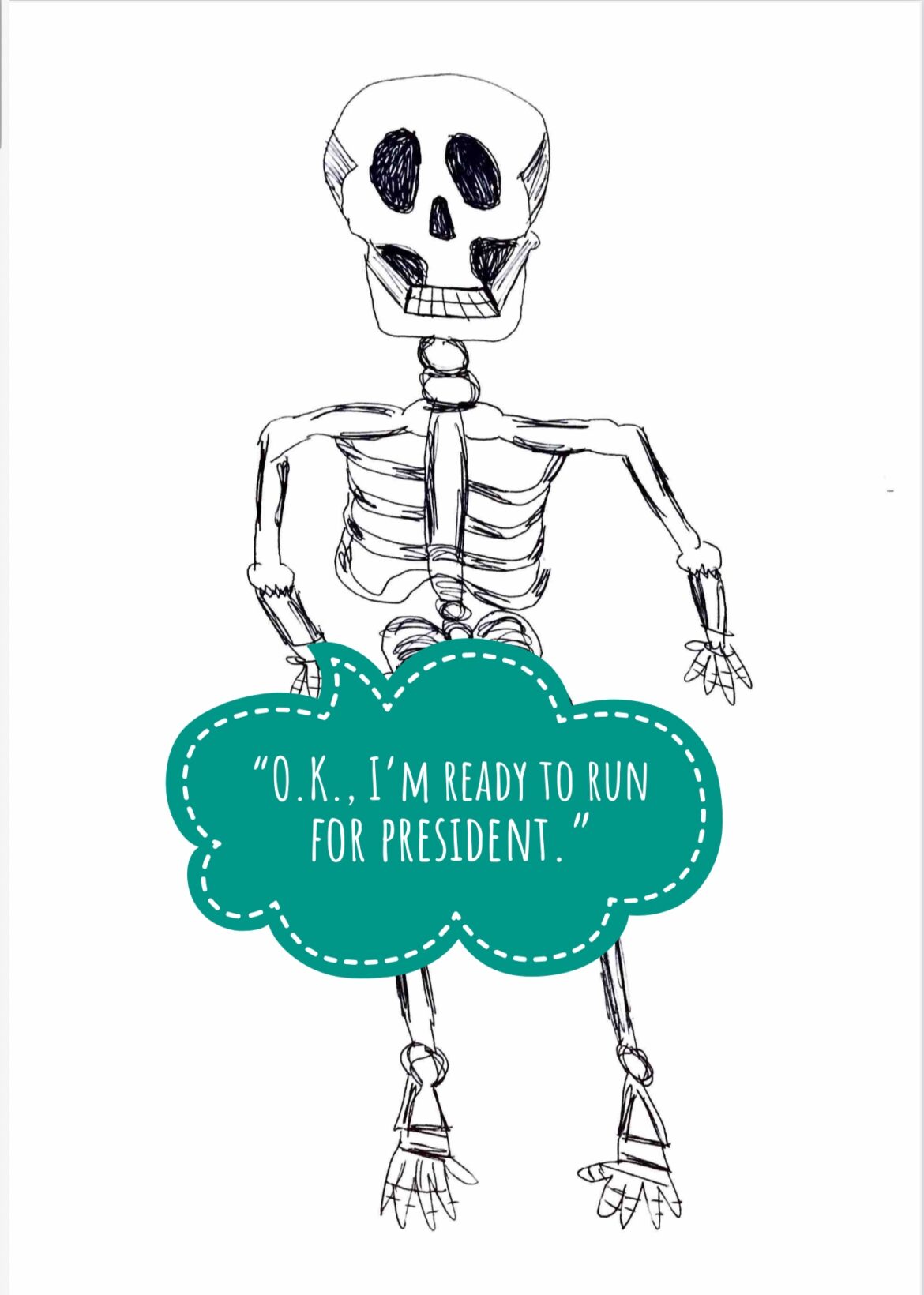Freezing while speaking in public is a possible reaction for many people who fear public speaking, however it is alarming when it happens to an elected official during a press conference. Senate Minority Leader Mitch McConnell’s (R-Ky) recent instance of becoming almost unresponsive in public has brought up the question: Should there be an age limit on elected officials?
According to a CBS News and YouGov poll, 77 percent of people surveyed think there should be an age limit on elected officials. The feeling extended to both parties with 76 percent of Democrats surveyed felt there should be an age limit on elected officials and 79 percent of Republicans surveyed felt there should be an age limit on elected officials.
At 81 years old, like McConnell, senior citizens in several states are no longer allowed to mail in driver’s license renewals, must undergo vision tests, have to renew their licenses at more frequent intervals and in some instances, they have to retake their behind-the-wheel exam.
If there are restrictions on seniors for operating a motor vehicle that could be potentially dangerous to others, then there should be restrictions on seniors who operate a country that could impact the lives of around 300 million people.
According to the Pew Research Center, in the 118th Congress (2023-2025), the majority of the voting members are from the Baby Boomer generation (1946-1964) in both the Senate and House of Representatives, but overall 54 percent of members from Congress are over 59 years old. Meanwhile, 16.8 percent of the U.S. population is over 65 years old, according to the 2020 census. This may indicate a disparity in the representation of younger generations.

As people age, mental dexterity and physical health can start to decline. Making decisions that affect millions of people requires that the decision makers and leaders be of the most sound mind.
Dementia is one of the most common issues that appear with old age and it only progresses as time goes on. According to the National Institute On Aging, some signs of dementia include memory loss, poor judgment, confusion and not caring about other people’s feelings.
Even if an older official does not have dementia, they may be more susceptible to other diseases or infections that can have them and out of a hospital which can interrupt their work frequently which may impede measures being passed or prevent time-sensitive issues to be addressed accordingly.
In 2017, Mike Kim from Grubb’s Pharmacy told Stat News that a large number of prescriptions he fills for Congress are for serious health conditions such as diabetes and Alzhiemer’s disease. He admitted to having concerns over that reality.
“It makes you sit back and say, ‘Wow, they’re making the highest laws of the land and they might not remember what happened yesterday’.”
Apart from elderly officials’ decline in mental and physical faculties, a new outlook on political issues is needed to fully represent all citizens, and that is hard to obtain when someone grew up in and spent a better part of their life in a society that differs from the one they are currently in.
While elders can offer wisdom on issues from their experiences, fresh perspectives are needed as society changes.
What may have been acceptable or the standard in one generation may no longer be the norm. Having age limits on elected officials encourages new perspectives to be introduced to effectively legislate on changes in society or the political landscape as they develop.
This is not to say the elderly are incompetent because many are not, but to acknowledge the need for change to make sure everyone is effectively represented.
There are minimum age limits to hold office so naturally there should be maximum age limits.



